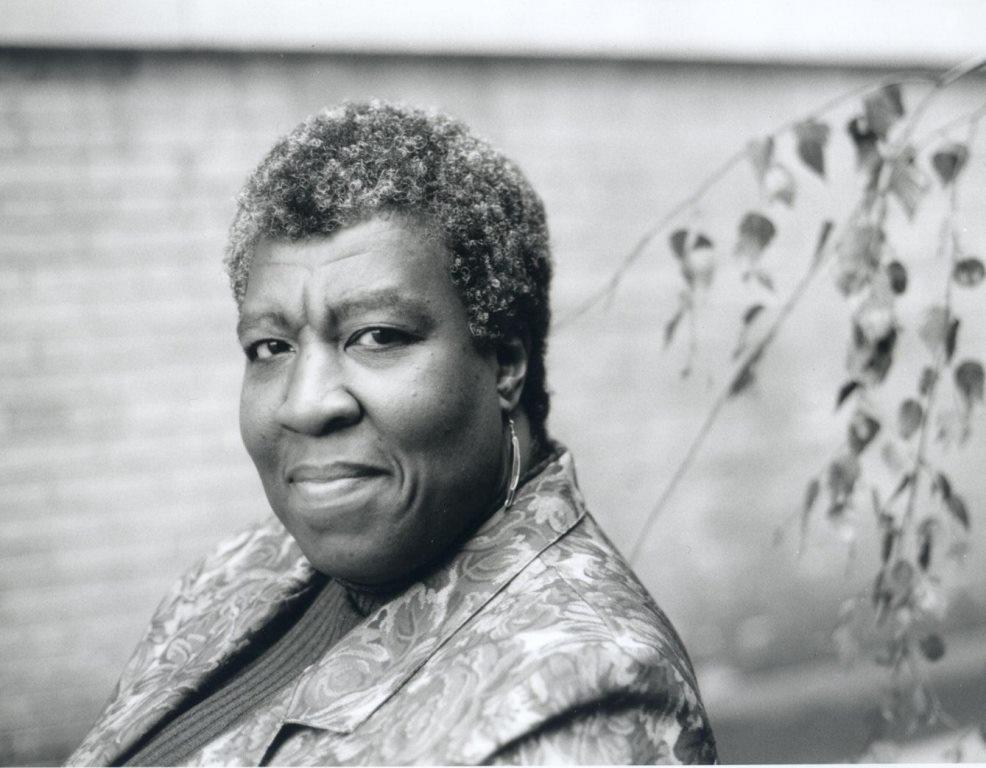
Author Octavia Butler paved the way for African-American science fiction authors. Born in 1947 in Pasadena, California, Butler conquered obstacle after obstacle, from losing her father, living with dyslexia, and fighting stigmas against both women and African American writers. At the young age of 10, she begged her mother for a Remington typewriter so she could write out her own stories.
Her first novel, Patternmaster, was published in 1976 and followed a group of telepathic individuals known as Patternists, a story that eventually expanded into a larger series. By 1979 and the publication of Kindred, she was firmly established as an African American writer. The protagonist of Kindred is an African American woman, and the story is part slave narrative, part time-travel tale. Through Kindred, she brought together critiques of both past and present societal hierarchies, both blended together in the science fiction genre.
Called the “grand dame of science fiction,” Butler fearlessly crossed many lines. She used her novels to challenge our way of thinking and show that humans, regardless of race, deal with the same problems across all history and time. In an interview with Charlie Rose, she said, “I write about people and the different ways of being human.” Her work has been categorized as Afrofuturism, but her works often revolves around a multi-ethnic, or multi-species, world.
In 1984, Butler won both the Hugo Award for Best Short Story and the Nebula Award for Best Novelette. By 1995, she was the first science fiction writer to receive the MacArthur Fellowship “genius” grant.
Butler changed the way we look at science fiction, as well as proving that African American Literature isn’t limited to certain literary genres.
Video: Octavia Butler interviewed by Charlie Rose in a show that aired June 1, 2000. Find the transcript of the full video here: https://charlierose.com/videos/28978